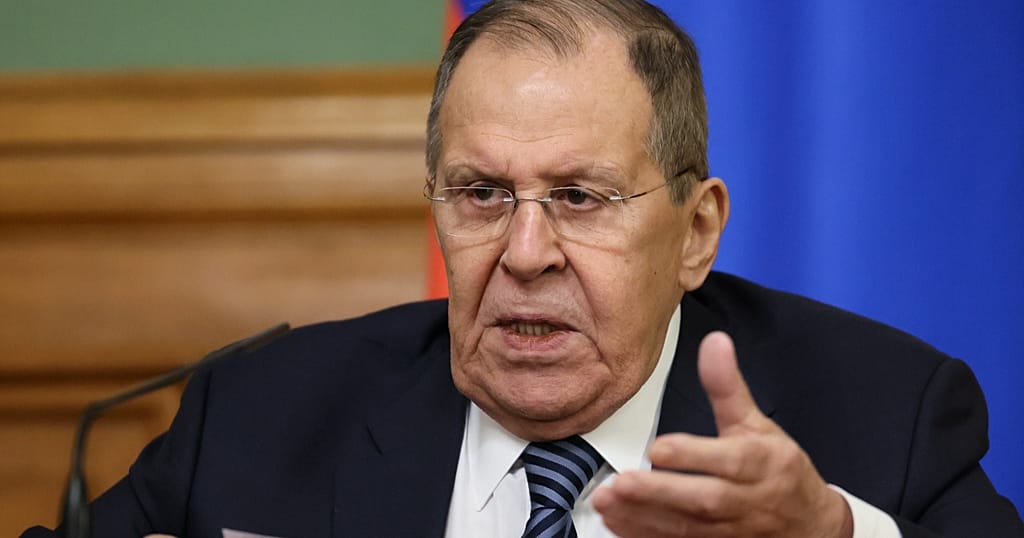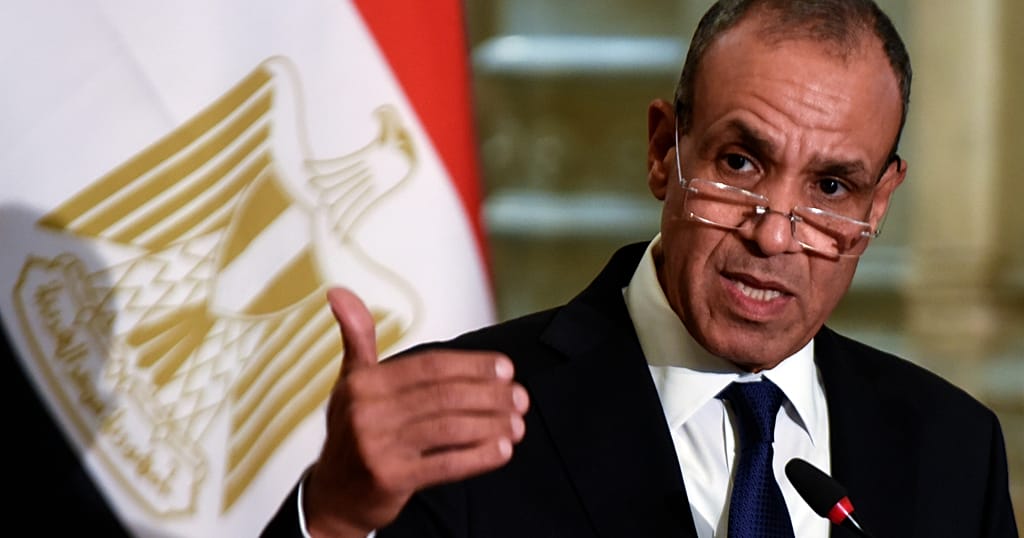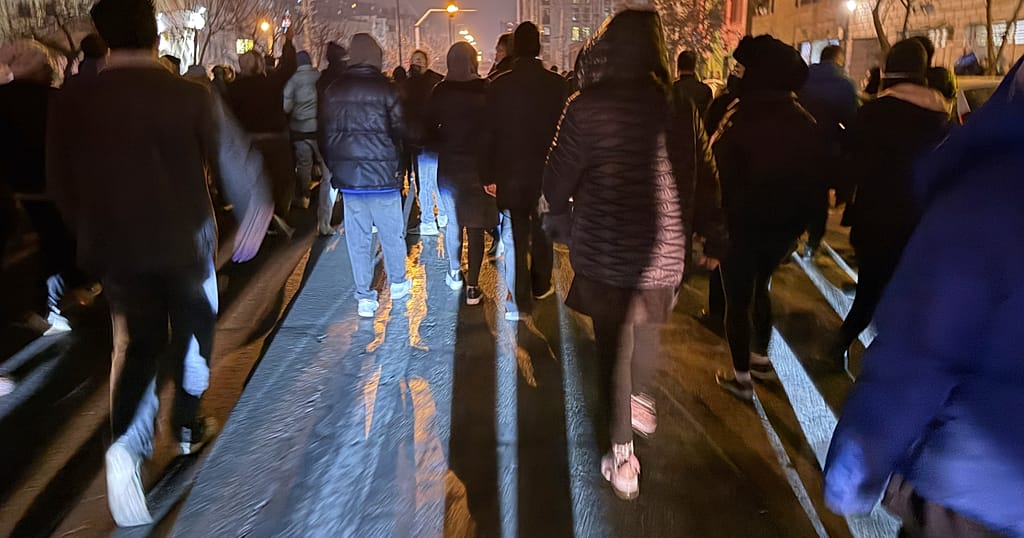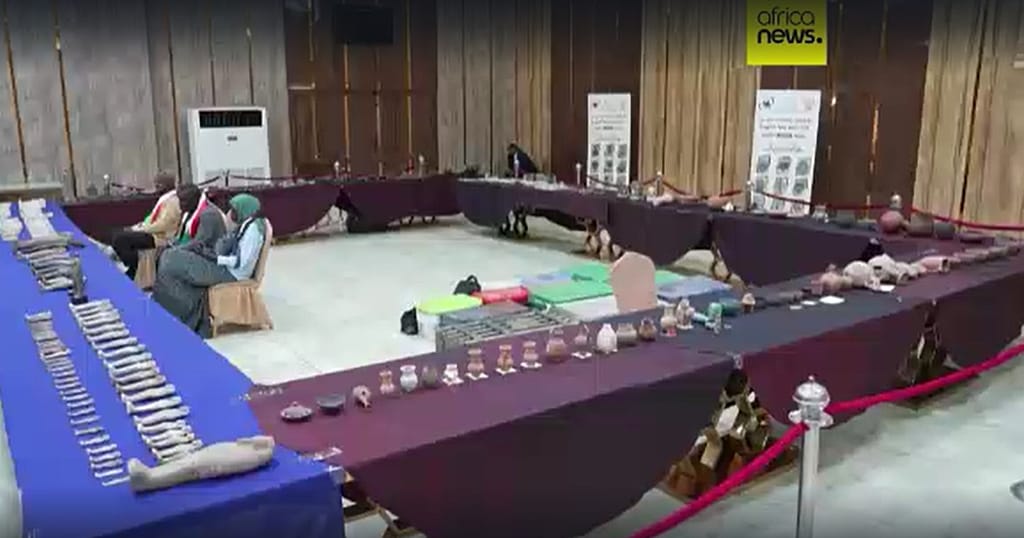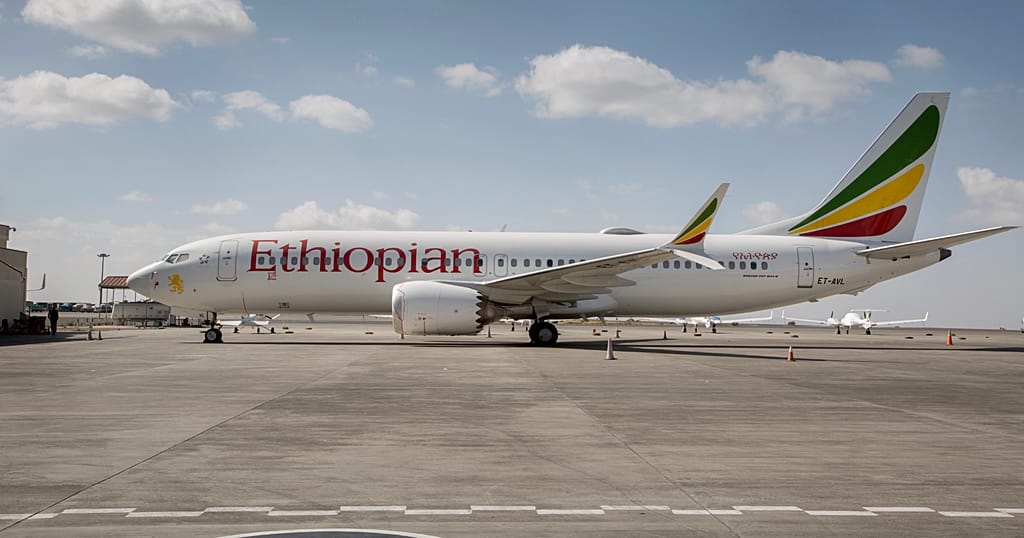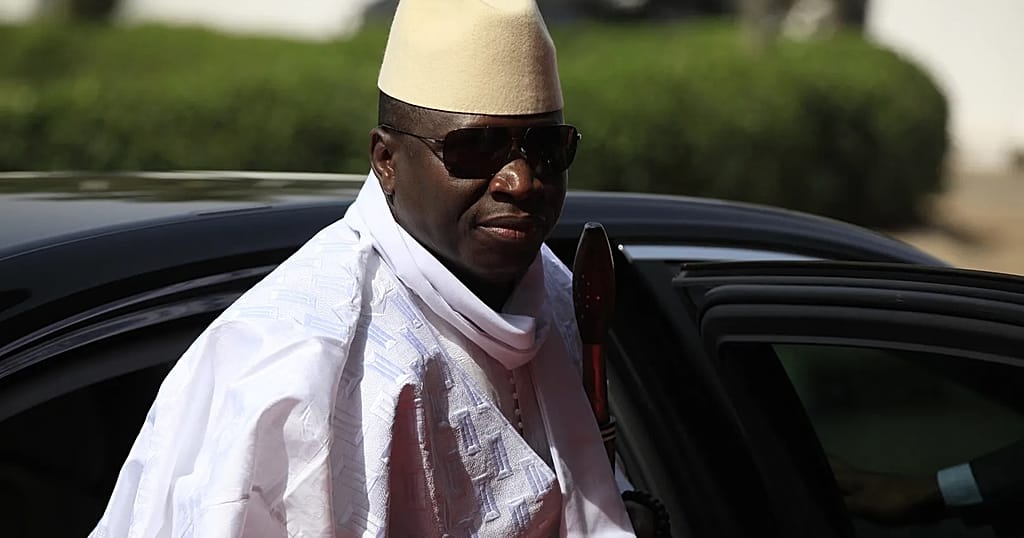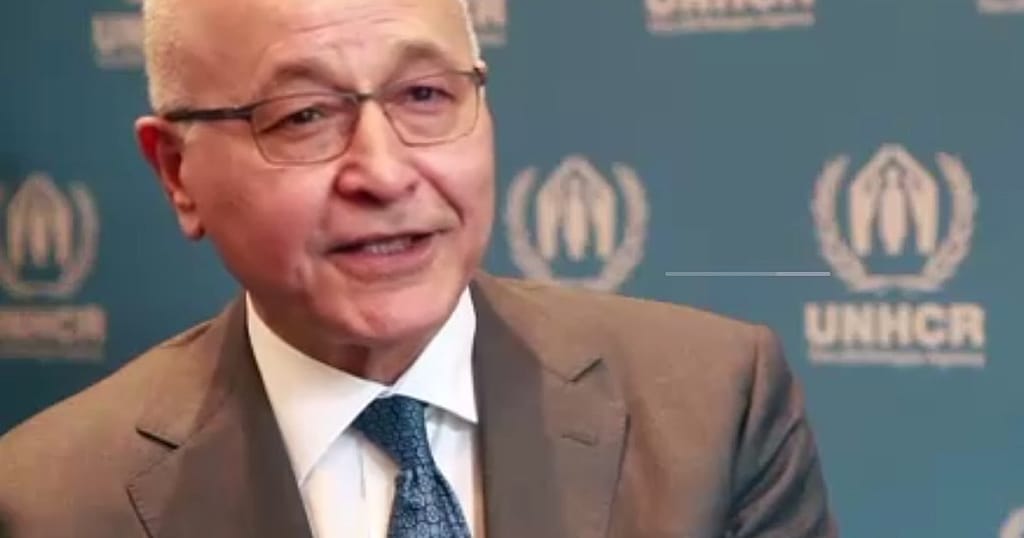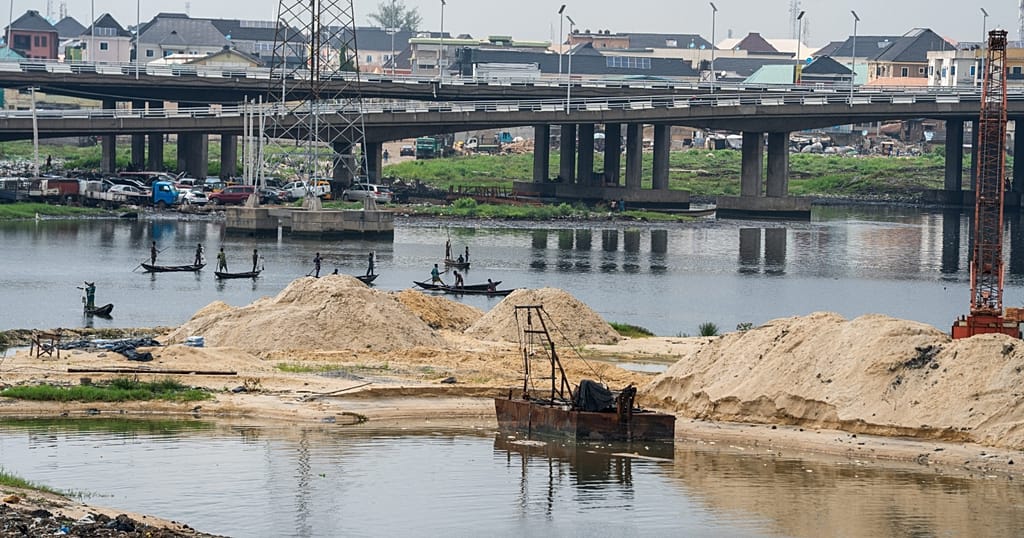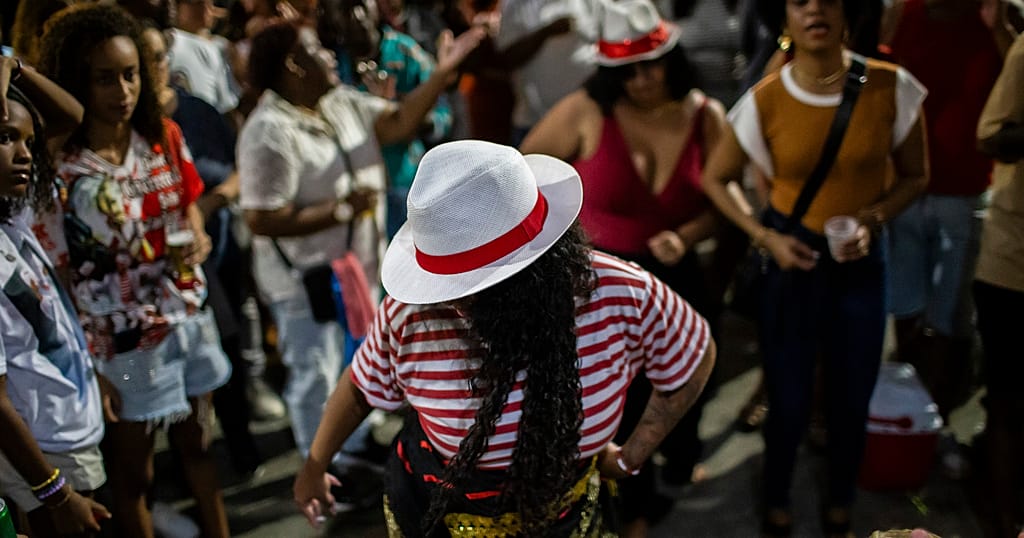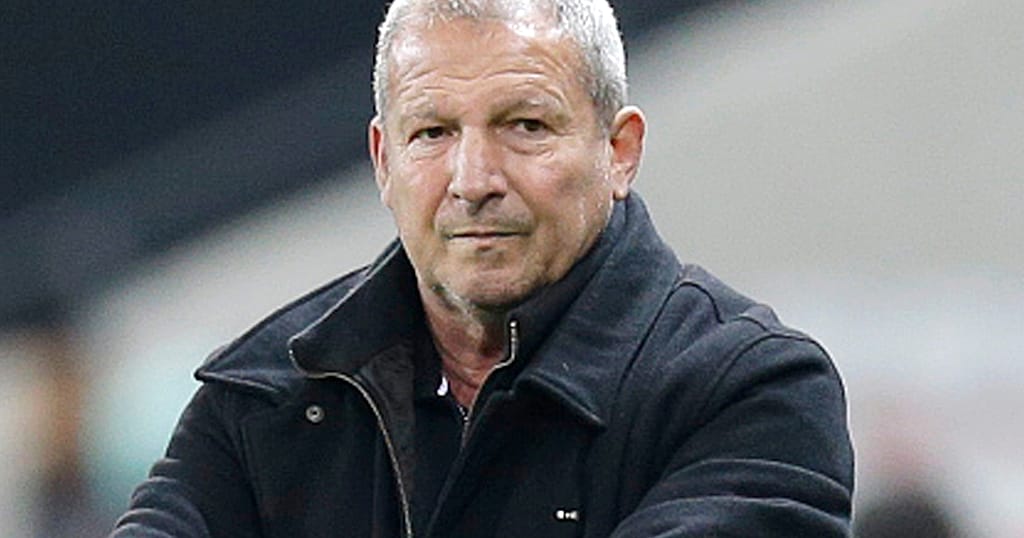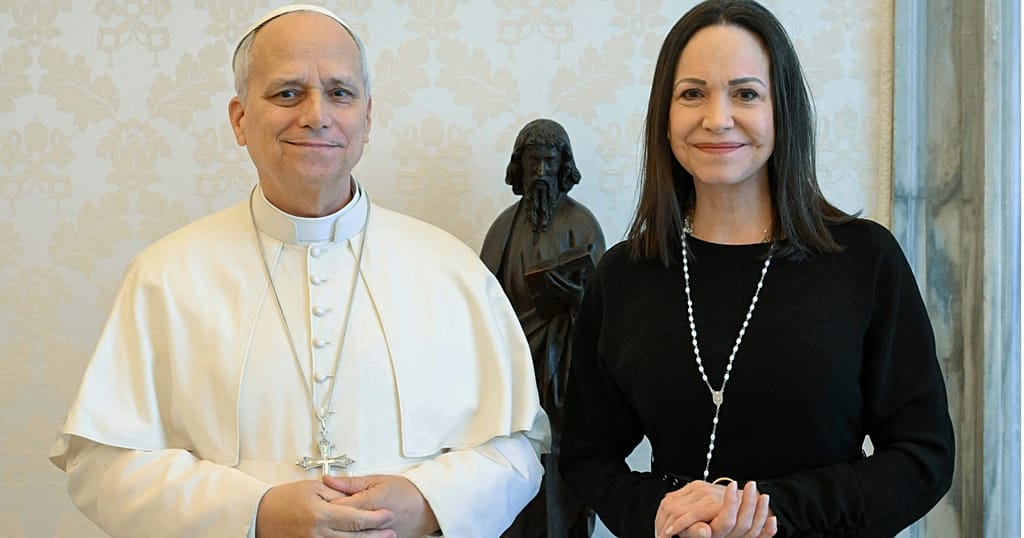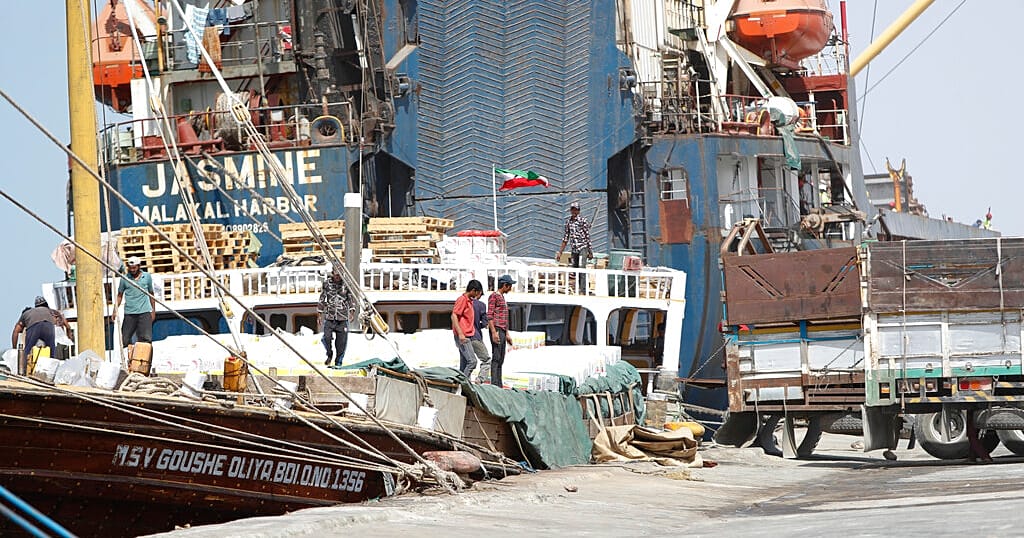Libya’s east-based parliament votes to suspend PM
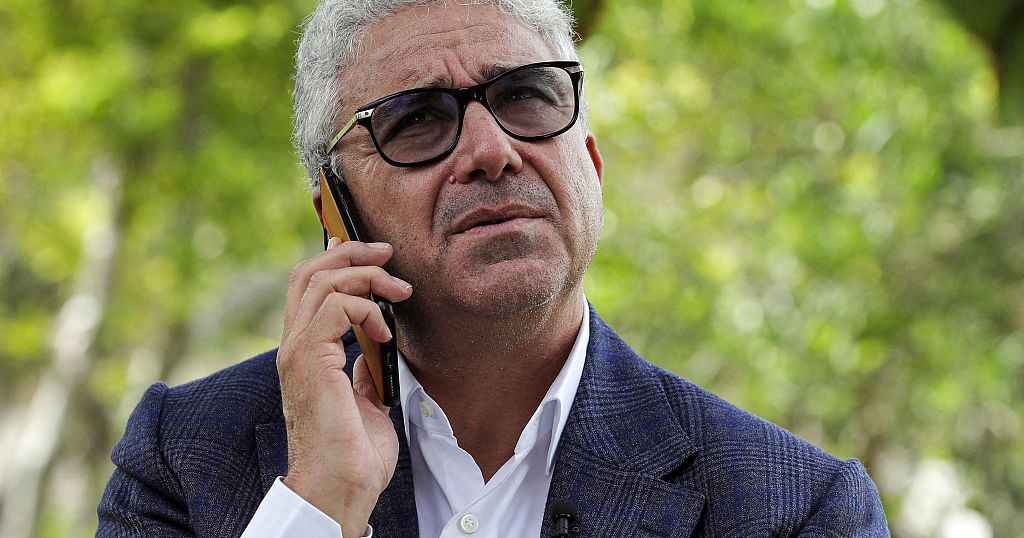
One of Libya’s two administrations voted Tuesday to suspend and investigate its prime minister, accusing him of failing to achieve his government’s objectives, the parliament’s spokesperson said.
Fathi Bashagha was prime minister of Libya’s eastern-based parliament, known as the House of Representatives, which operates in Tobruk.
Torn by civil conflict since 2011, Libya is divided between two rival governments, each backed by international patrons and numerous armed militias on the ground. Libya’s Tripoli-based government is headed by Prime Minister Abdul Hamid Dbeibah.
Mohamed Mansour, a spokesperson for Bashagha, said the former prime minister would soon publish an official statement regarding Tuesday’s decision.
In a recorded statement , Abdullah Belhaiq, the parliament spokesperson, criticized Bashagha for failing to deliver on the government’s pledge to enter the capital, Tripoli, the seat of the western rival administration.
Bashagha, who was elected as prime minister in February 2022, tried to seat his government in the capital last May, arriving in Tripoli with a number of his Cabinet ministers.
Clashes soon broke out between rival militias, forcing the former air force pilot to retreat to the city of Sirte.
“A number of members of the House of Representatives asked in more than one session that the Prime Minister be investigated,” Belhaiq said.
However, few details on Bashagha’s other alleged failings were provided. The House of Representatives finance minister, Osama Hamada, took over Bashagha’s duties, he said.
Earlier on Tuesday, however, Bashagha issued a statement to the parliament announcing that he was passing his duties to Deputy Prime Minister Ali Qatrani. No further details were given. The conflict between the two statements could not immediately be reconciled.
Despite Belhaiq’s explanation, Jalel Harchaoui, a Libya specialist and associate fellow at the Royal United Services Institute, believes the suspended premier may have out-served his usefulness to Khalifa Hifter, commander of the self-styled Libyan National Army. The group is the dominant armed force in the country’s east and south.
Hifter and his family are seeking more influence in Tripoli and have been engaging in regular talks with Dbeibah’s nephew along with militia leaders from the west, Harchaoui said.
The U.N.’s special representative to Libya, Abdoulaye Bathily, unveiled a new initiative in late February aiming to usher the divided country to the ballot box before the end of 2023. Both parliaments have agreed on a joint committee to draft electoral law for the vote, however, progress has since slowed.
A previous U.N.-brokered process installed an interim government — with Dbeibah at its head — in early 2021 with the aim of guiding the country to elections later that year. The elections were never held following disagreements over several key issues, including the eligibility for presidential candidacy.
Source: Africanews


